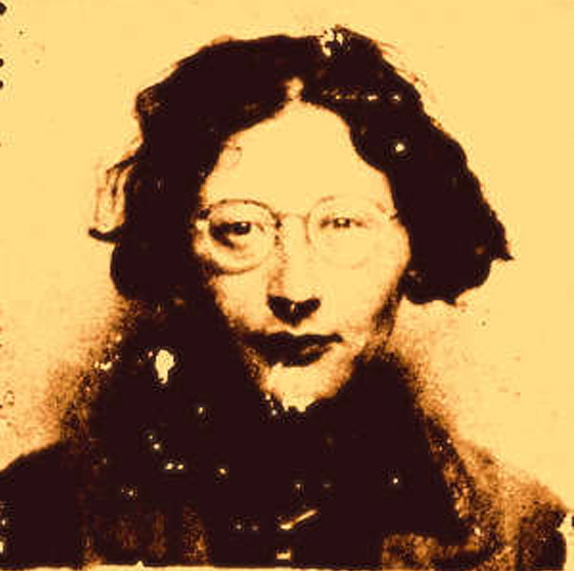“At the center of the human heart is the longing for an absolute good, a longing which is always there and is never appeased by any object in this world” (132). Simone Weil wrote these words at a time when the world was embroiled in widespread conflict and at a time that her own physical sufferings were growing with each passing year—severe migraines, anemia, a badly burned foot, and overall deteriorating health. Her life embodied the suffering, or in her words, the affliction, and longing that she wrote about so often.
Waiting for God is a collection of Weil’s letters and essays that were compiled after her death by two friends, Father Perrin, a French priest and confidant, and Gustave Thibon, a lay theologian. Together with Gravity and Grace, it represents the full array of Weil’s thinking on subjects ranging from baptism to friendship and from school studies to the nature of love.
Though her writings did not become well known in her brief lifetime—she died at thirty-four from tuberculosis, which was brought on by weakness from severe, self-imposed fasting—she has since become the favorite wayward saint of people from diverse traditions. For instance, the poet T. S. Eliot called her a genius and praised brilliant, original theology.
But not everyone shares this view, especially those within the institutional church, for whom she’s never been quite pious enough, a very unorthodox Catholic, also an unbaptized one, which is no Catholic at all for certain kinds of minds. Weil defended her decision to remain unbaptized by saying that she had always been a religious outsider, and “I should betray the truth [. . .] if I left the point, where I have been since my birth, at the intersection of Christianity and everything that is not Christianity” (32) And this is the very thing that makes her so appealing to many non-Christians and to those who find themselves on the fringes of faith.
Weil saw the created world as operating from a place of “just balance” where we are free to act as we choose but where God is not so free—not from lack of concern for humanity, but because he has withdrawn himself and put something else into play: “God causes this universe to exist, but he consents not to command it, although he has the power to do so. Instead he leaves two other forces to rule in his place. On the one hand there is blind necessity attaching to matter, including the psychic matter of the soul, and on the other the autonomy essential to thinking persons” (99). And so we have natural law and free will at work in the world.
Weil’s writings are quite radical, challenging many of the comforting ideas we’ve come to associate with religious beliefs and practices. But she is at her most eloquent when speaking of what it is we truly long for and how we can only arrive at the deepest level of our existence on earth when we let go of our willful striving and start paying attention, looking upward, waiting for God to come to us in grace. Weil believed that the beauty we continually search for in the created world and in relation to other human beings is at its heart our longing for a tangible God. She believed that even those who deny this sacred longing will find that nothing less will ever satisfy.
“The longing to love the beauty of the world in a human being is essentially the longing for the Incarnation,” she writes in Waiting for God, “It is mistaken if it thinks it is anything else. The Incarnation alone can satisfy it” (109). She continues this thread by pointing out the direction of spiritual longing: “We do not walk vertically. We can only turn our eyes toward God. We do not have to search for God, we only have to change the direction in which we are looking. It is for him to search for us.”
Some of Weil’s most profound spiritual insights come in the last section of Waiting for God, which moves phrase by phrase through the Our Father, or the Lord’s Prayer. Weil believed completely in our utter helplessness to redeem ourselves or do anything that might improve our standing in the eyes of God. And she saw in this beautiful prayer that Christ taught his disciples the way of perfection, the way of surrender, the way of understanding, so that all our desires may become the one true desire and that even our worst afflictions will, one day, be healed.
Despite Weil’s eloquence and her fresh interpretations concerning the relationship between humankind and God, this can be a difficult chapter to embrace because it raises the idea of fatalism—if everything is already ordained by God, then how or why try to prevent it? “Nevertheless we are asking for the infallible and eternal conformity of everything in time with the will of God,” she says here. Like Julian of Norwich, Teresa of Avila, or John of the Cross, all of whose writings she had read, Weil had great faith that all would be well at the end of time. But in the meantime, Weil offers us the consolation of “access to this name” of Christ (144), who both inhabits our hearts and transcends them. The holy indweller and the holy outsider are now, and always, one and the same.
